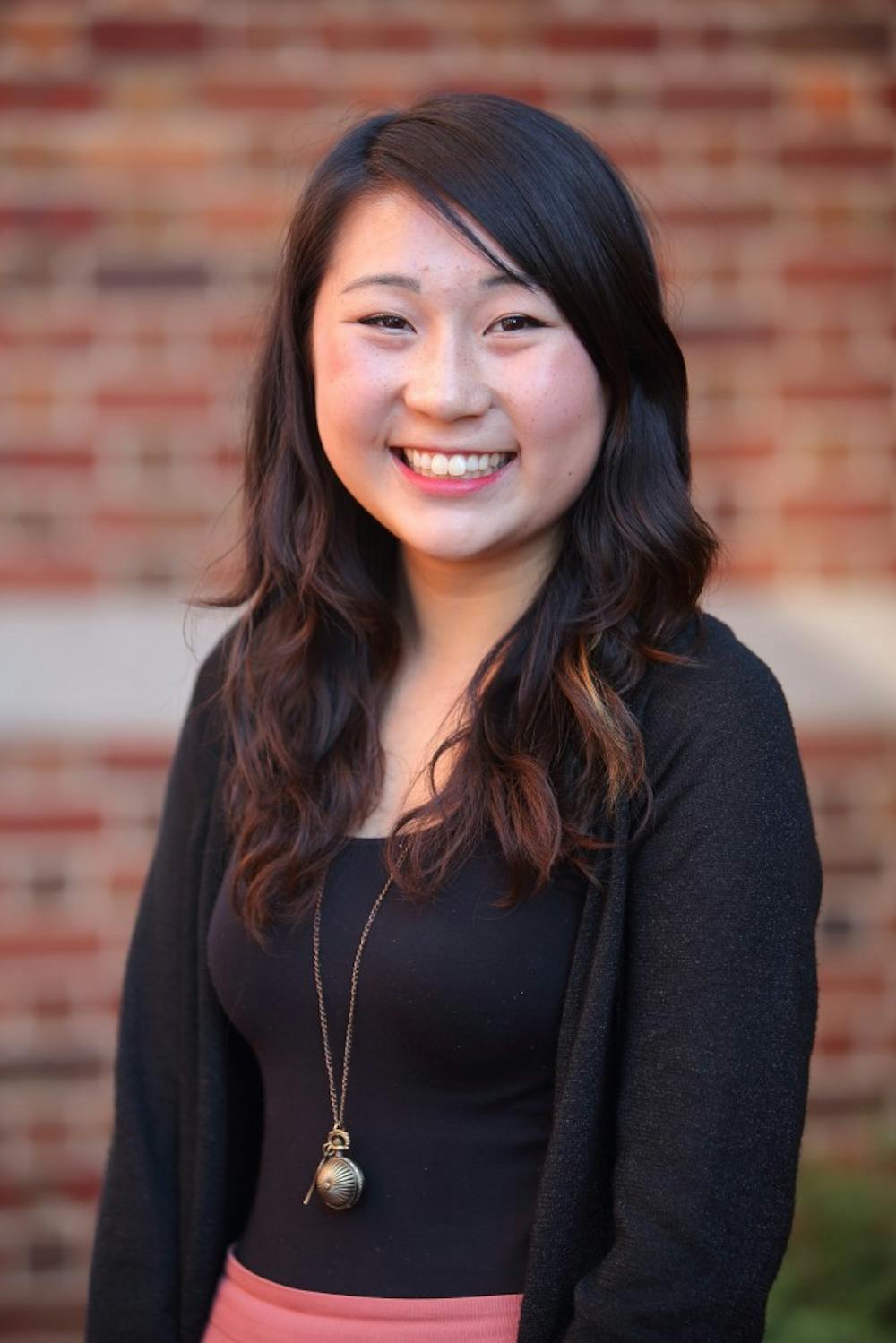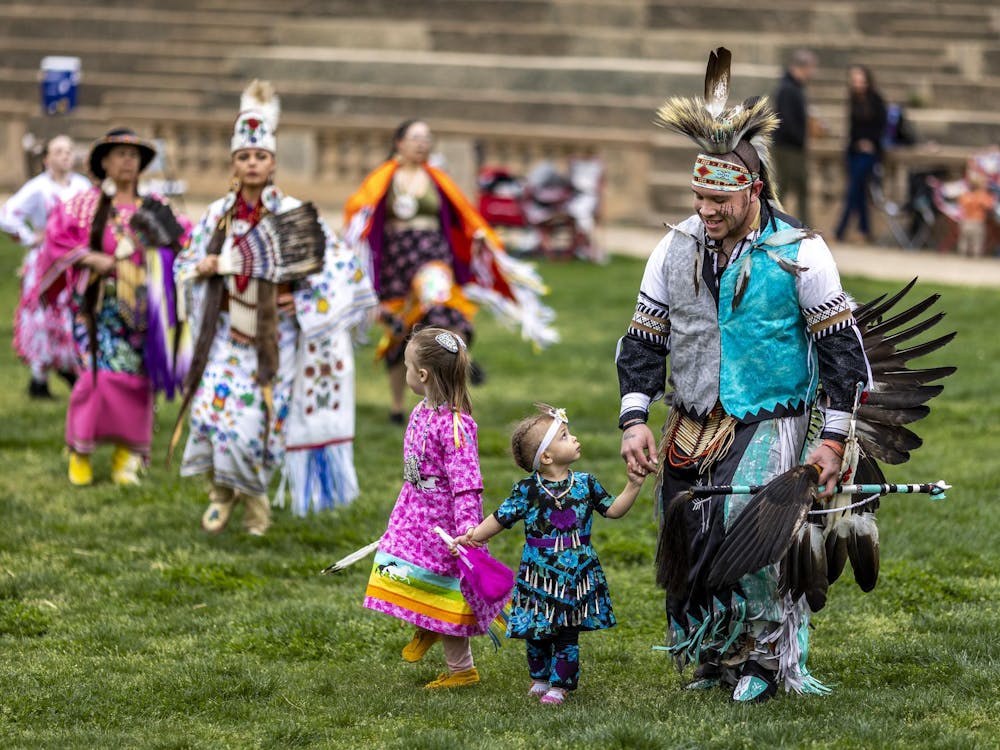The customer is always right.
Since the days of old, this mentality has been ingrained in my soul. I remember waltzing into Macaroni Grill like the privileged snob I was and ordering waiters around like it was my job.
“More cheese!”
“I asked for medium rare!”
“These crayons suck!” With disgust, I threw aside the now-broken crayons and half-colored kids menu.
Thanks to my good parents and society at large, I’ve learned more socially acceptable behaviors at restaurants. Still, deep down, this idea that businesses are created to make me as satisfied as possible defines how I interact with these establishments.
Of course, this is the point of business. Economies rely on the principle that businesses supply what consumers desire, and through that desire businesses make money, consumers can get what they want and everyone is satisfied. Win-win.
What happens though, when colleges become businesses?
In my sociology class we discussed what is known as the “market model of higher education.” This theory discusses how colleges have transitioned from places of higher learning to places of achieving the highest satisfaction for their students — in other words, their consumers.
Think way back to the traumatizing days of college applications. Remember all the flashy websites and free pens from college representatives? All of these tactics were used to attract you to the “brand” of a specific school. They claimed they were like no other, that everything you were missing would be found in this one institution and that their students would leave with the highest starting salaries. Feels sort of like a commercial right?
Once you’ve decided on a school, the market doesn’t end. How about those equally traumatizing days of orientation. Remember all the smiles, all the affirmations and the snazzy concerts? These were all ways of making you feel you had made the right decision — the right purchase, if you will. These things in and of themselves are not bad. You worked hard to be at this school. You deserve to be here. The problem with this mentality is when it affects education itself.
In an article we read in sociology, Asst. Prof. Tressie Cottom from Virginia Commonwealth University argues that when “colleges and universities become a market, there is no incentive to teach what customers would rather not know.” That is, when the customer is always right, they can choose to leave uncomfortable situations.
Classes that focus on historical violence, structural racism or other such atrocities tend to trigger the greatest responses. In a market model for higher education, uncomfortable students could simply leave the classroom because they are not satisfied with the product they have been given. Eventually classes like these might dwindle then get cut entirely. Soon we are left with an array of classes designed to make the student feel safe and secure about their lives and pasts.
Honestly I think this model of education hurts minority students the most. The reality is that markets are a majority-driven system where the most successful products are those that the majority favor. In a school with predominantly one culture of students, it follows that the bulk of classes and extracurricular activities will favor that culture.
I have spent the last two years struggling to fit the only Asian-American literature class into my schedule while there are tons of classes centered on old white men from the 1700s. Students and faculty are not maliciously trying to manipulate what classes are available so that no one learns about these touchier subjects — it’s just a natural flow out of preferences and comfort. No one wants to learn about the ways their ancestors have hurt others.
Yet isn’t this what education is? Tremendous growth often comes from discomfort or even offense. It forces us to re-evaluate, to reconsider, to probe further, to question and ultimately to learn and to grow. Unlike a trade or exchange of goods for money, this is not a win-win situation.
Beyond just the academic side, how does it make students feel when the world is telling them college is meant to be the best four years of their life? I am in college, and I will tell you it is not all rainbows and kittens. College is hard. I was set up to think college would guarantee me lifelong happiness — and that’s why I bought it. But boy was I set up for a heck a lot of disappointment. We are overwhelmed by missed expectations and dissatisfaction with what we were promised.
What, then, is the solution? I think it requires more than just a Non-Western Perspectives requirement. This is a mindset cemented in each and every student or faculty to some degree. I think we need to change the way we talk about college.
Let’s talk about the growth we will experience rather than the accommodations that will be made for us. Let’s talk about the challenges we will face rather than the non-stop party we’re supposed to have. Let’s talk about the new perspectives we will gain rather than the money we will earn. Colleges should be more than businesses tailored to pamper students. Students deserve more than that.





